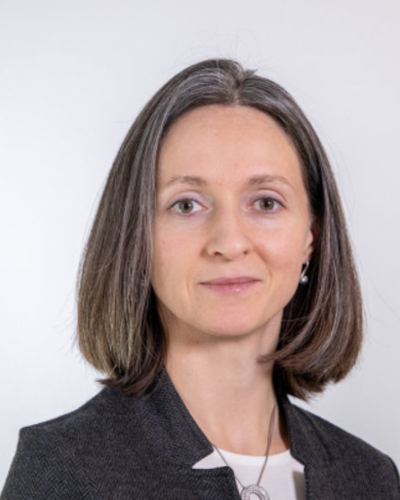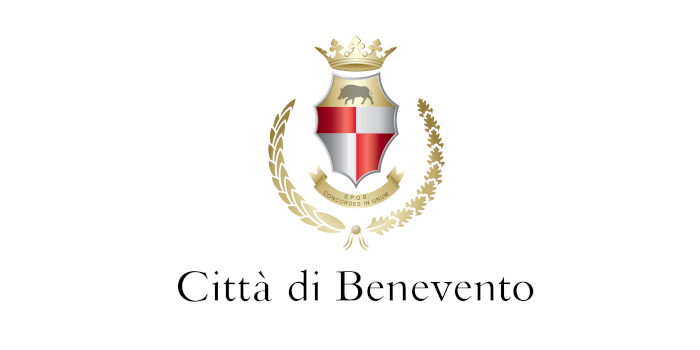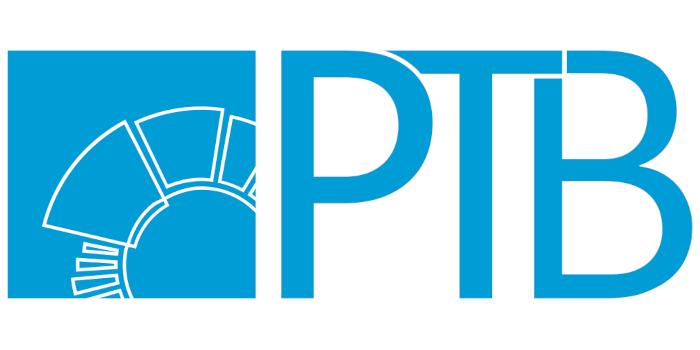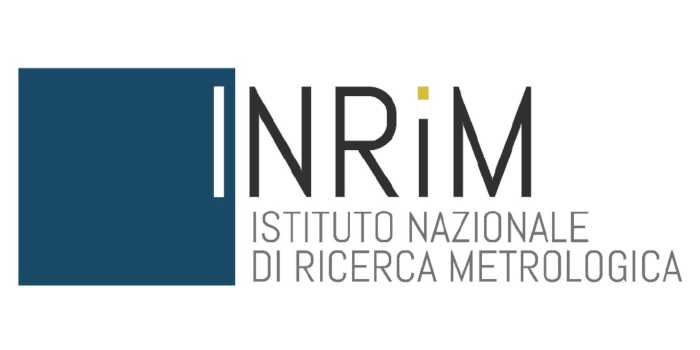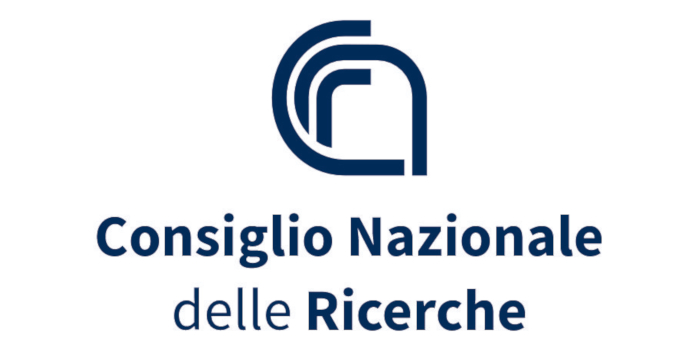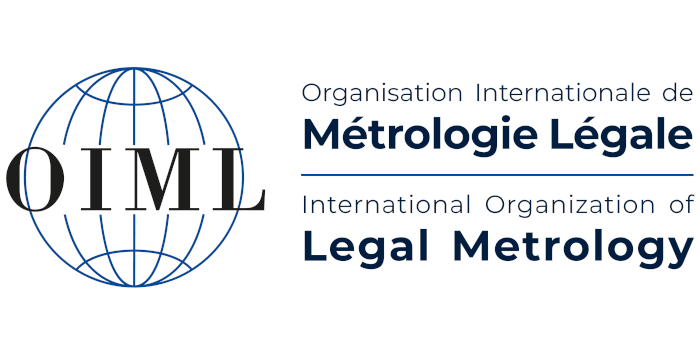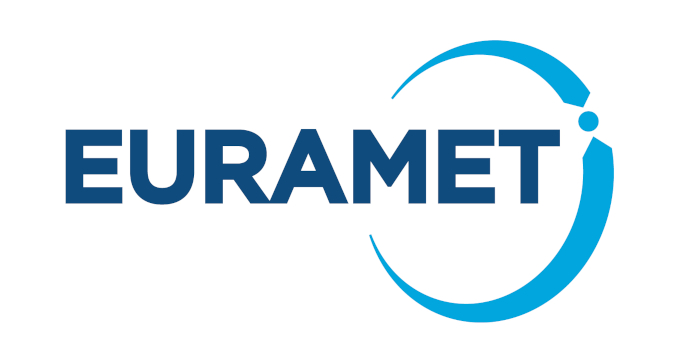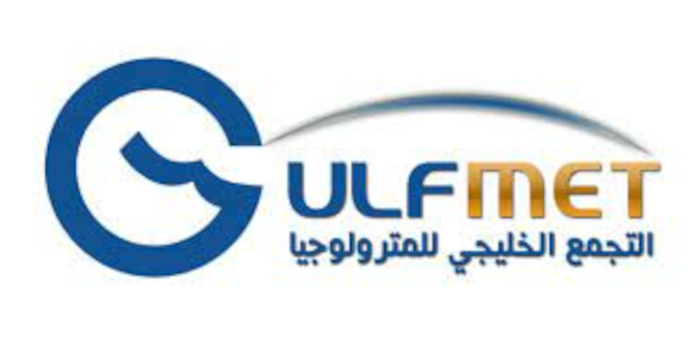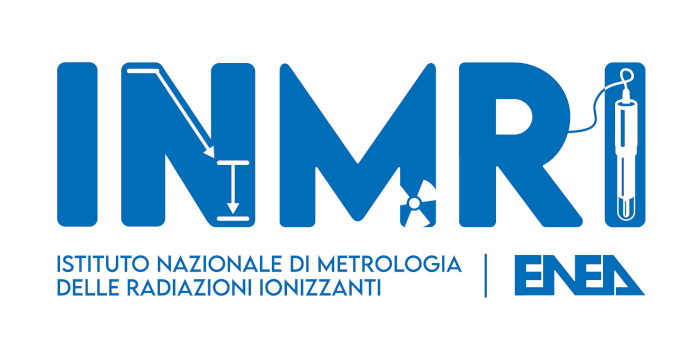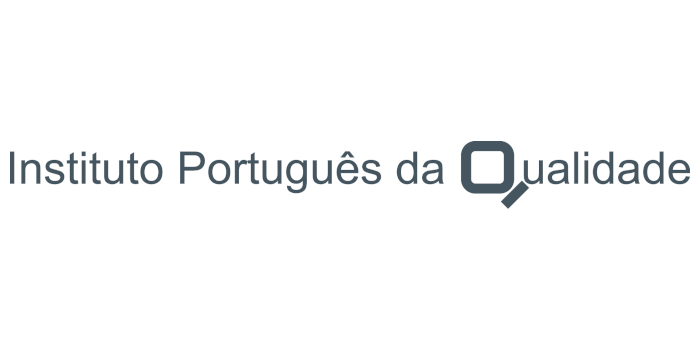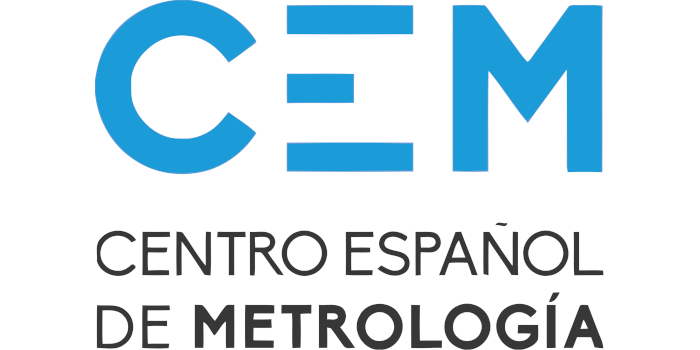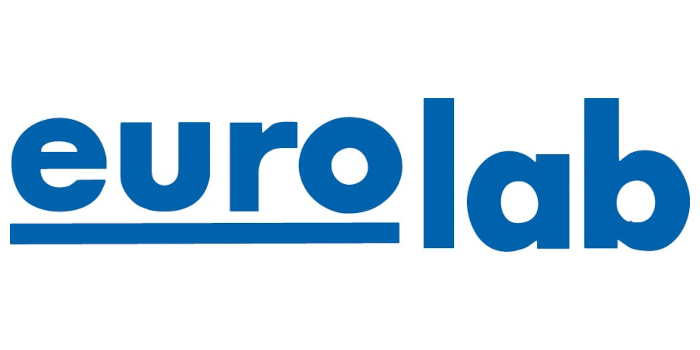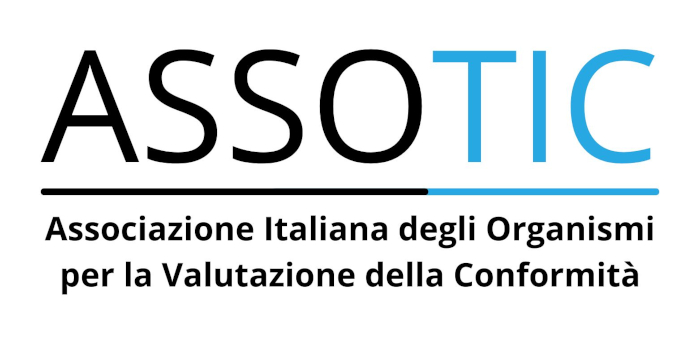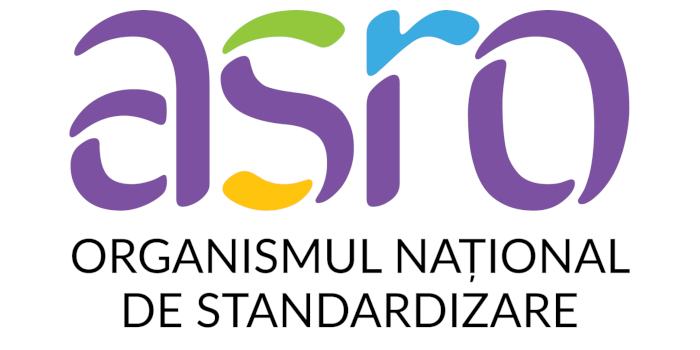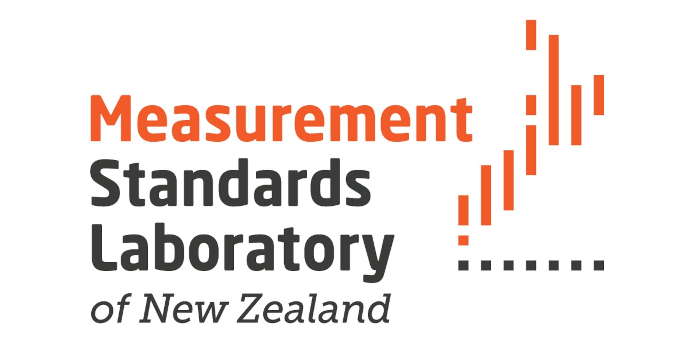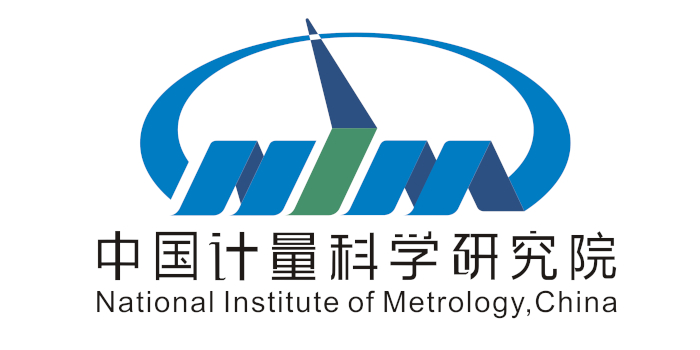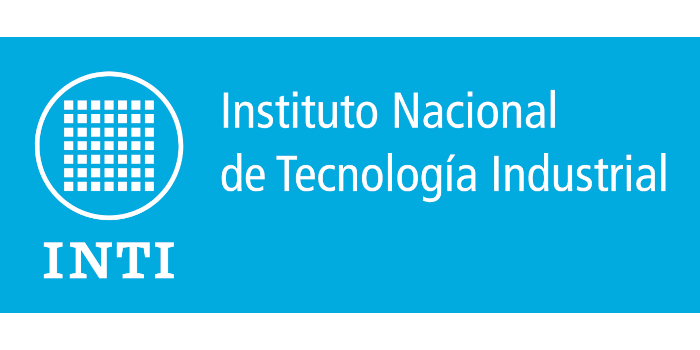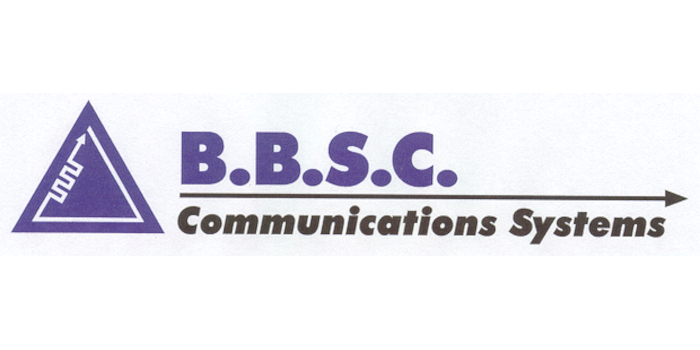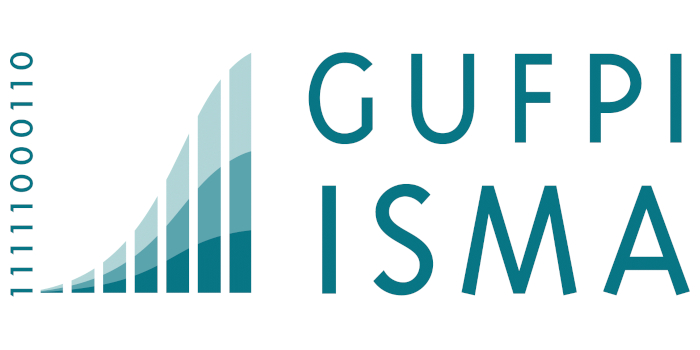SPECIAL SESSION #5
Calibration and Comparison in a Digital Era
ORGANIZED BY
Shanna Schönhals
Physikalisch-Technische Bundesanstalt, Head of Working Group 1.24 - Information Technology Force and Torque
Daniel Hutzschenreuter
Physikalisch-Technische Bundesanstalt, Department 9.4 – Metrology for the Digital Transformation
ABSTRACT
International comparisons of measurement capabilities across laboratories and continuous chains of calibrations at national scale are the backbone for a reliable quality infrastructure worldwide ensuring high accuracy measurements that are metrologically traceable to the definitions of the International System of Units (SI).
Enhancing data processing in calibration and comparisons with well-defined digital approaches offers numerous benefits. In the short term, it improves integrity of outcomes and significantly reduces data analysis time. Validated software for nearly autonomous data evaluation and standards like Digital Calibration Certificates (DCCs) are pivotal in these advancements.
In the medium and longer term, higher levels of workflow automation and more sensitive data analysis will be achieved using advanced data standards and Artificial Intelligence (AI). Digital approaches will increasingly facilitate machine-actionable exchanges with external digital tools and services, such as SMART standards and the CIPM's SI Digital Framework. These developments will adhere to the FAIR principles, ensuring data is findable, accessible, interoperable, and reusable.
TOPICS
This session invites contributions on work tackling cross-disciplinary challenges in the digital transformation, focussing on calibration and comparison applications related to the following topics:
- Latest DCC developments going beyond the state-of-the-art
- Digital calibration chains along NMIs/DIs, accredited laboratories, and end-users
- Digital tools supporting comparison workflows and data analysis
- Machine-actionable calibration and comparison data brought to life
- Machine-Learning and AI models supporting the automation of workflows through software and supporting human experts in decision making
- Utilization and interlinking of data, services, and tools from the quality infrastructure such as the SI Digital Framework, SMART standards, etc.
ABOUT THE ORGANIZERS
Dr. Ing. Shanna Schönhals graduated in mechanical engineering from the Braunschweig University of Technology in 2008 where she received her PhD in aerospace engineering in 2015. Between 2012 and 2019, she was Managing Director of the Niedersachsen Research Centre for Aeronautics (NFL), where she coordinated several interdisciplinary research projects. Since 2020, she has been contributing in the development of digital data exchange formats in metrology at the Physikalisch-Technische Bundesanstalt (PTB). She currently heads the working group Information Technology Force and Torque, which is significantly involved in the development and dissemination of the data format for digital calibration certificates (DCC). As coordinator of the EURAMET TC-IM 1448 project on DCC harmonisation and member of the CIPM FORUM-MD in the Task Group on DCC and DCRM, she is actively participating in the development of this emerging digital standard.
Dr. Daniel Hutzschenreuter graduated in applied mathematics from the Dresden university of Technology in 2011 and received his PhD in mathematics from Braunschweig University of Technology in 2019. He is active in the domain of proficiency testing for computationally intensive software in metrology since 2012 and member of the international TraCIM association for traceability of software which he became chair of in 2022. In 2018, Daniel joined PTB’s team developing digital standards for SI-based and calibration data.He became coordinator for the D-SI metadata model development and expert for all matters regarding data and metadata for metrology. From 2019 to 2023, he was convener of CIPM’s expert group on the Digital-SI which supported the CIPM in drafting the vision for the SI Digital Framework and he is now actively contributing to the task groups of CIPM Forum-MD. Recent interest and projects of Daniel comprise developing open-source software for comparison data analysis, digitalization across the wider quality infrastructure, metrological data and principles in testing standards for AI, and metrological data in cities of the future.


